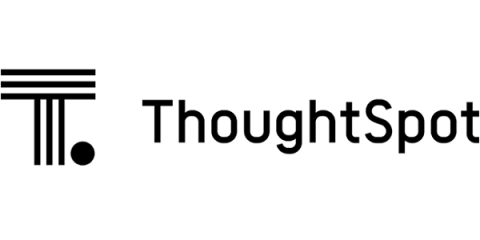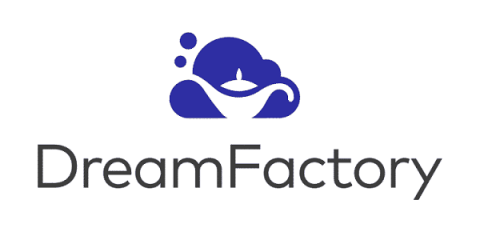Systems | Development | Analytics | API | Testing
Cloud
Devops and the need for cloud based solutions
DevOps and cloud-based computing have existed in our life for some time now. These both can be regarded as the latest techs in the arsenal of information technology. Thinking back on how SDLC started and what it is today, the only reasons for its success can be accounted to efficiency, speed and most importantly automation – DevOps and cloud-based solutions can be considered major contributors here (after all DevOps is 41% less time-consuming than traditional ops).
Achieving a Cloud-First Strategy with APIs
What's New in CDP Public Cloud? Data Flow and Operational Database
How to Use Product Analytics for SaaS Sales Pitches
Imagine you are preparing to approach a prospective client. You have done all the market research needed to understand the edge your product or service has over your competitors. You have identified your niche for higher profitability and you have profiled the key decision-makers that will be targeted by your outreach campaign. Would you like your pitch to fall flat just because you did not dazzle the prospect?
Using Cache-Control and CDNs to Improve Performance and Reduce Latency
We believe latency and caching are crucial subjects we need to talk about. Loading times are a critical component in the user's experience for all apps and websites: new pages and screens should load in less than a second for end-users to have a smooth experience.
5 Reasons to Use Heroku and ETL
ETL tools and Heroku Connect both offer bidirectional data connections to Salesforce. So it would be natural to assume that you only need one or the other for your Salesforce integration. But, in fact, each tool has its own particular strengths that make the two systems complementary. Heroku is a software development platform and cloud service provider that empowers developers who build, deploy and scale web applications.
Key considerations when making a decision on a Cloud Data Warehouse
Making a decision on a cloud data warehouse is a big deal. Beyond there being a number of choices each with very different strengths, the parameters for your decision have also changed. Modernizing your data warehousing experience with the cloud means moving from dedicated, on-premises hardware focused on traditional relational analytics on structured data to a modern platform.











